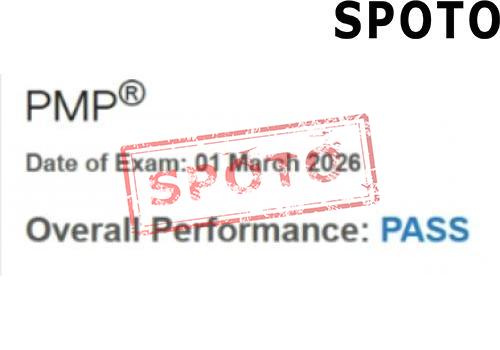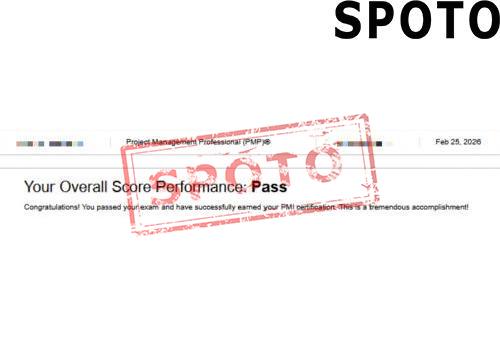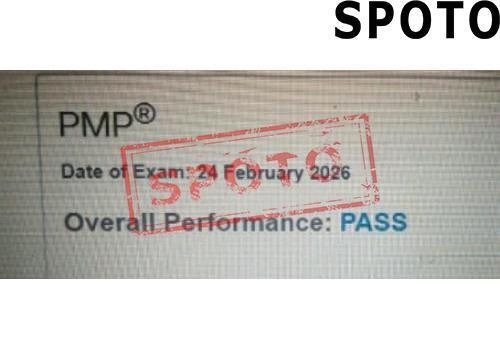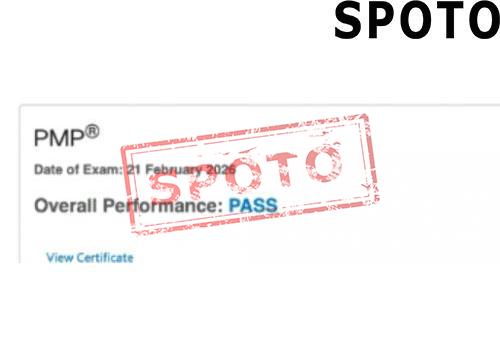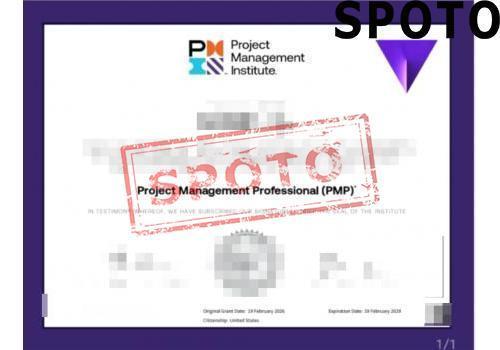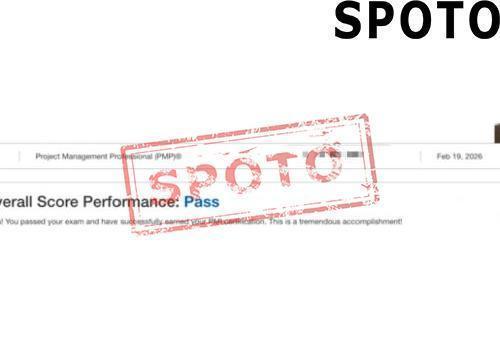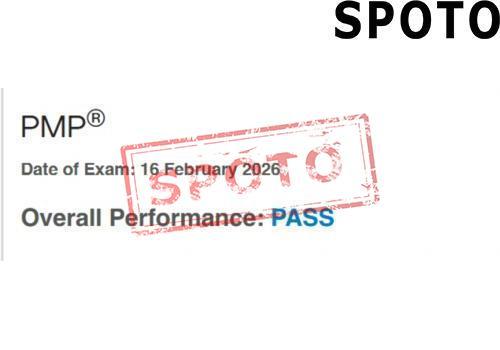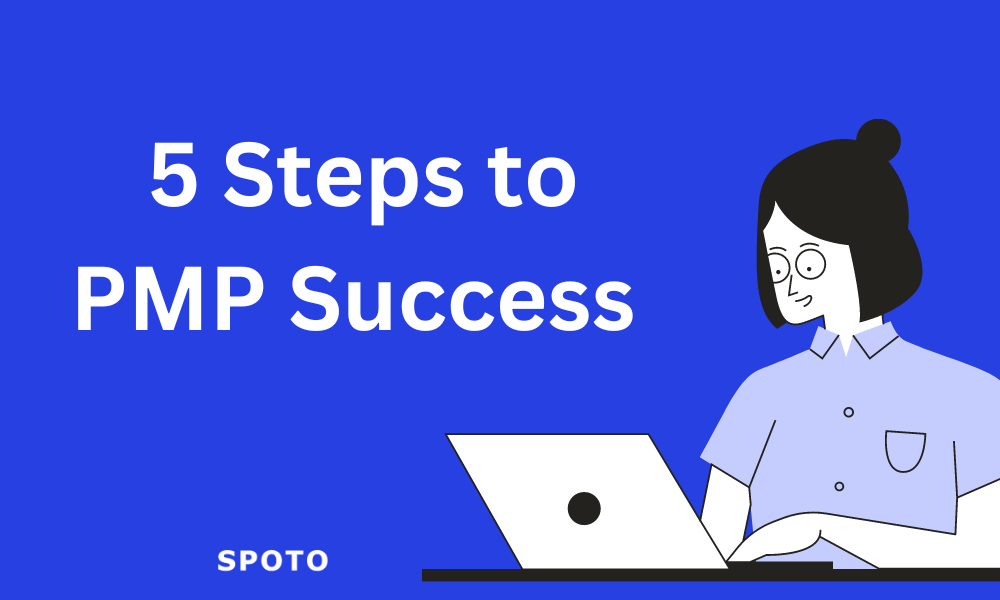
Table of Contents
- Introduction
- Step 1: Setting Clear Goals for PMP Exam Preparation
- Step 2: Understanding the PMP Exam Structure and Content
- Step 3: Implementing Effective Study Techniques and Strategies
- Step 4: Utilizing Practice Exams for Assessment and Improvement
- Step 5: Seeking Support and Guidance from Experienced Mentors
- Conclusion
Introduction
Project Management Professional (PMP) certification stands as a prestigious credential that significantly boosts the career prospects of working professionals in project management. This certification validates a professional's expertise in managing projects efficiently, making it a sought-after achievement in the competitive job market. However, the journey towards attaining PMP certification is fraught with challenges, especially for those balancing full-time jobs. The intensive study required, alongside professional commitments, often presents a daunting task, requiring a strategic and well-structured approach to overcome.
Step 1: Setting Clear Goals for PMP Exam Preparation
The foundation of a successful PMP exam preparation journey is the establishment of clear, precise goals. Harnessing the SMART (Specific, Measurable, Achievable, Relevant, Time-bound) criteria transforms vague ambitions into a structured roadmap. This pivotal step not only clarifies the destination but also outlines a path marked with milestones and checkpoints, ensuring progress is both visible and measurable.
Creating a personalized study schedule demands a deep dive into one’s personal and professional commitments to carve out realistic and effective study sessions. This process involves a meticulous assessment of current responsibilities and available time slots, integrating study time seamlessly into daily life without overwhelming the individual. Tailoring this schedule to align with personal learning rhythms and life’s demands optimizes study efficiency and efficacy, setting the stage for a successful exam preparation journey.
Step 2: Understanding the PMP Exam Structure and Content
Diving into the world of Project Management Professional (PMP) certification requires a solid understanding of the exam's structure and content. Knowledge is power when it comes to efficient and effective preparation.
Detailed Overview of PMP Exam Structure and Content
The PMP exam is divided into several domains, each assessing a specific area of project management proficiency. Each domain carries a certain percentage weight that signifies its prominence in the exam scheme. These domains include:
- Initiating the Project (13%)
- Planning the Project (24%)
- Executing the Project (31%)
- Monitoring and Controlling the Project (25%)
- Closing the Project (7%)
The PMP exam itself comprises 200 multiple-choice questions, 25 of these are unscored pre-test items, while 175 are scored. You have 4 hours to complete the exam, so efficient time management skills are essential.
Tips for Understanding Domain Importance
While all domains are cardinal, focusing on domains with larger weight percentages such as 'Executing the Project' and 'Planning the Project' could deliver a more effective study strategy. That being said, don't neglect domains with smaller weights, they all contribute to the final result.
Besides, comprehending the tasks within each domain is key to your success. For instance, the 'Initiating the Project' domain contains tasks like conducting benefit analysis and identifying stakeholders. Getting the meaning behind each task aids in understanding the big picture - how all project phases intertwine to result in a successful project.
Keep in mind that it's not only about memorizing terms or concepts, understanding the practical application of them is essential to respond correctly to situational-based questions, which form a significant part of the exam.
Mastering the Content Outline
In addition to knowing the structure of the test, you need a robust grip on the content, which calls for thorough review of the 'PMP Exam Content Outline' provided by the PMI. This document offers detailed descriptions of the tasks within each domain, and is invaluable to your study plan.
With this knowledge, you can align your study plan, tutorials, and practice tests to address these areas and ensure a comprehensive review. All in all, understanding the PMP exam's structure and content is an essential step on your path to PMP success.
Step 3: Implementing Effective Study Techniques and Strategies
Overview of Proven Study Techniques and Strategies for PMP Exam Preparation
Embarking on the PMP exam journey requires more than just reading; it necessitates an interactive and dynamic approach to learning. Incorporate a blend of methodologies like active recall, spaced repetition, and mind mapping. Active recall involves testing yourself on the material, not just passively reviewing it. Spaced repetition, meanwhile, helps in retaining the vast amount of information by reviewing it at strategic intervals. Mind mapping can be an effective tool for visual learners, helping to create a web of knowledge that connects different PMP concepts.
Tips for Managing Time, Staying Focused, and Maintaining Motivation during the Study Process
Time management is crucial for balancing work and study. Begin by carving out regular, dedicated study times in your schedule, possibly early mornings or late evenings, depending on when you're most alert. To stay focused, minimize distractions by creating a designated study area, and use tools like Pomodoro timers to maintain concentration. Maintaining motivation can be challenging; set small, achievable goals and reward yourself upon completion. Remember, regular breaks are essential for long-term retention and preventing burnout. Lastly, keep a vision of your end goal in sight, let that be your guiding light.
Step 4: Utilizing Practice Exams for Assessment and Improvement
Engaging with practice exams stands as a cornerstone in the architecture of PMP exam preparation, providing a mirror reflecting both the robustness of one’s knowledge and the areas craving further refinement. These simulated tests are instrumental in diagnosing the preparedness of a candidate, delineating strengths and pinpointing weaknesses that require attention.
For an effective utilization of practice exams, consider the following strategies:
- Systematic Approach: Begin with easier exams to build confidence, gradually advancing to more challenging ones to test your knowledge depth and exam stamina.
- Time Management: Practice under exam conditions by timing your tests. This helps in adapting to the pressure of completing the exam within the allotted timeframe, enhancing time management skills.
- Analytical Review: Post-exam, invest time in meticulously analyzing wrong answers. Understand the rationale behind each question, ensuring the reinforcement of concepts and application strategies.
- Progress Tracking: Keep a log of your scores from each practice exam to observe your progress over time. This tracking acts as a motivational tool and helps in adjusting study plans based on evolving needs.
- Realistic Simulation: Choose practice exams that closely mirror the actual PMP exam in format and difficulty. Engaging with simulations that accurately represent the exam structure and types of questions encountered ensures a realistic practice experience.
By strategically integrating practice exams into your study regimen, you arm yourself with the knowledge and skills necessary to approach the PMP certification exam with confidence, ready to conquer its challenges and claim your success.
Step 5: Seeking Support and Guidance from Experienced Mentors
Embarking on the PMP certification journey, one critical step that significantly enhances the chance of success is engaging with seasoned PMP-certified mentors. These professionals, having navigated the challenges of the PMP exam themselves, offer invaluable insights and guidance. Their firsthand experience can illuminate the path to certification, highlighting the nuances of the exam not readily apparent from study materials alone.
The advantages of mentorship in this context are multifaceted. Mentors can provide customized advice, tailoring their guidance to address your specific areas of weakness. Furthermore, they can offer strategic tips on managing the voluminous study material and preparing effectively for the exam's format and content. Perhaps most importantly, mentors serve as a source of motivation, encouraging you through the inevitable ebbs and flows of your preparation journey.
Tips for Effective Networking within the PMP Community
- Participate Actively in Online Forums and Groups: Platforms such as LinkedIn, Reddit, and specialized PMP forums are teeming with PMP aspirants and certified professionals. Engaging in these communities can help you connect with potential mentors and peers who are also on the journey to certification.
- Attend PMP Workshops and Seminars: These events are not only beneficial for the knowledge they impart but also for the networking opportunities they present. Many attendees are PMP certified and can offer insights or even mentorship.
- Join Local PMI Chapters: Becoming a member of a local PMI chapter can facilitate face-to-face interactions with PMP certified professionals. These chapters often host study groups, workshops, and seminars that can aid in your preparation and connect you with a mentor.
Leveraging the collective wisdom and experience of the PMP community through mentorship can dramatically elevate your exam preparation. It not only enriches your understanding of the exam content but also enhances your ability to navigate the process efficiently and effectively.
To maintain a balanced life while preparing for the PMP exam, it's crucial to manage stress and prioritize tasks. This involves structuring your study and personal time effectively to avoid burnout. Tips for achieving this include setting realistic study goals, incorporating breaks, and using time management techniques to ensure both personal well-being and study needs are met.
Conclusion
In this comprehensive journey, we have navigated through the seven pivotal steps essential for PMP success, tailored specifically for the working professional. Beginning with the fundamental task of establishing clear, SMART goals for PMP exam preparation, we moved through understanding the exam's structure and content, selecting the most suitable study materials, implementing effective study techniques, utilizing practice exams, seeking mentorship, and balancing work-life-study. Each step, distinct in its importance, forms a cohesive strategy towards achieving PMP certification.
The path to PMP certification is challenging yet attainable with dedication and a structured approach. We encourage you to apply this carefully outlined plan to your study regime. Embrace the journey, leverage these steps, and you'll be well on your way to PMP success.

